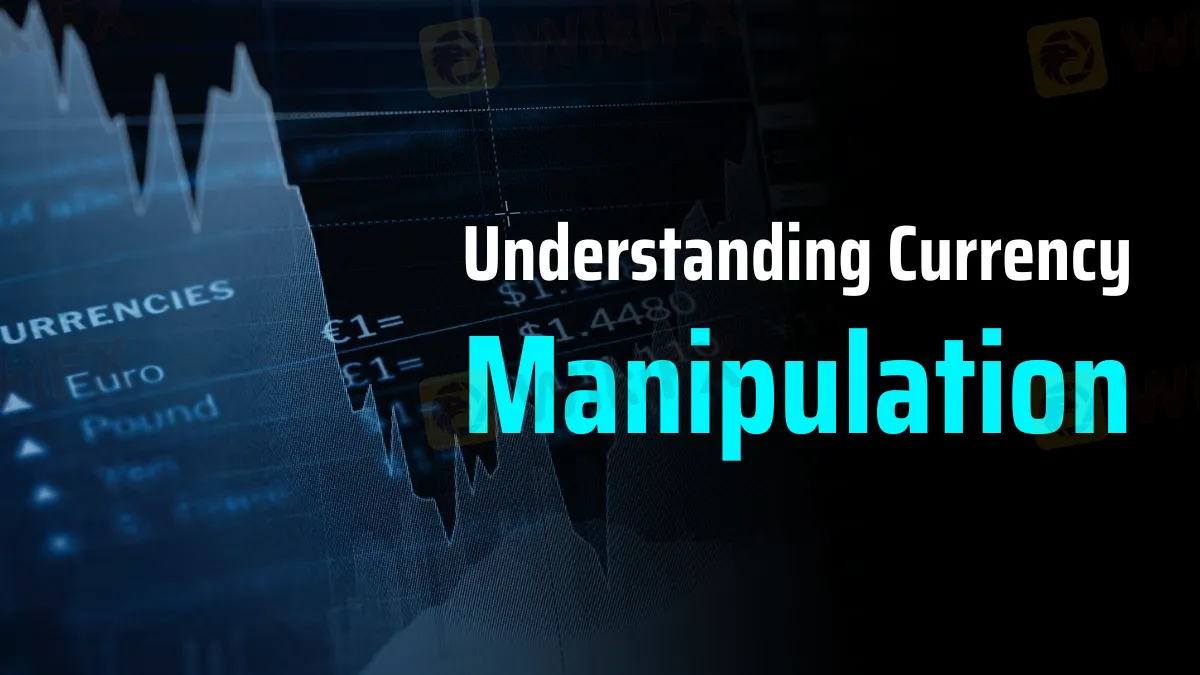简体中文
繁體中文
English
Pусский
日本語
ภาษาไทย
Tiếng Việt
Bahasa Indonesia
Español
हिन्दी
Filippiiniläinen
Français
Deutsch
Português
Türkçe
한국어
العربية
Understanding Currency Manipulation
Abstract:Learn about currency manipulation, its effects on American jobs, and solutions to protect free trade and market principles.

Currency manipulation is a complex yet crucial issue affecting global trade and the economy. It involves strategic actions by governments and central banks to influence the value of their currencies, often to gain an unfair competitive advantage in international markets. This practice can have significant repercussions for countries like the United States, impacting jobs, trade flows, and economic stability.
The Importance of Currency in Trade
Trade is fundamentally an exchange of goods and services, but it's facilitated by the exchange of money. Thus, the value of currency can be as pivotal as the quality of the traded items. When governments intervene in currency markets to subsidize their exports, they distort free trade principles. This intervention forces markets to ignore the natural supply and demand pressures, undermining fair competition.
Free trade, which supports U.S. exports and American jobs, relies on the free trade of currencies as well. When currency markets are manipulated, trade flows are distorted, negating the benefits of free trade agreements and causing economic imbalances.
Mechanisms of Currency Manipulation
Currency manipulation typically involves a country deliberately weakening its currency to make its exports cheaper and more competitive. This is done by selling its own currency and buying foreign currency, usually U.S. dollars. By increasing the supply of its own currency and the demand for foreign currencies, the manipulating country can lower the value of its currency.
For example, if Country X wants to make its exports more attractive, it will sell its currency in large amounts and purchase U.S. dollars. This action decreases the demand for Country X's currency and increases the demand for dollars, effectively lowering the exchange rate of Country X's currency.

Identifying Currency Manipulation
International bodies like the International Monetary Fund (IMF) and the World Trade Organization (WTO) have rules against currency manipulation. The IMF uses a three-part test to identify currency manipulators:
Trade Surplus: Did Country X have more exports than imports over a six-month period?
Foreign Exchange Reserves: Did Country X increase its foreign exchange reserves during that same period?
Excessive Reserves: Are Country X's foreign exchange reserves more than three months' worth of normal imports?
If a country meets these criteria, it can be identified as a currency manipulator. However, monetary policies like quantitative easing, which involves increasing the money supply to stimulate the economy, do not fall under this test.
Impact of Currency Manipulation on the U.S. Economy
Currency manipulation affects the U.S. economy in several detrimental ways:
Increased Cost of U.S. Exports: When a country manipulates its currency, U.S. exports become more expensive in that country, leading to reduced competitiveness and job losses in the U.S.
Unfair Advantage for Foreign Imports: The manipulating country's exports become cheaper in the U.S., giving them an unearned competitive edge over American-made goods. This results in decreased sales of U.S. products and loss of American jobs.
Global Competitiveness: U.S. exports become less competitive worldwide. A weaker currency in one country makes U.S. products more expensive globally, reducing overall U.S. exports and causing further job losses.
Solutions to Protect American Jobs
To combat currency manipulation and protect American jobs, strong and enforceable currency rules need to be incorporated into all future trade agreements. These rules should ensure that any country found guilty of currency manipulation loses the benefits of the trade agreement. This approach would discourage unfair currency practices and uphold the principles of free trade and market fairness.
In conclusion, currency manipulation is a significant issue that affects global trade dynamics and the U.S. economy. By understanding its mechanisms, identifying its occurrence, and implementing robust solutions, we can protect American jobs and promote fair trade practices. Enforceable rules against currency manipulation in trade agreements are essential to maintaining a balanced and fair global trading system.

Disclaimer:
The views in this article only represent the author's personal views, and do not constitute investment advice on this platform. This platform does not guarantee the accuracy, completeness and timeliness of the information in the article, and will not be liable for any loss caused by the use of or reliance on the information in the article.
Read more

Trader Exposes Unethical Practices by STP Trading
A recent allegation against STP Trading has cast doubt on the firm's business practices, highlighting the potential risks faced by retail traders in an increasingly crowded and competitive market.

What Makes Cross-Border Payments Easier Than Ever?
Cross-border payments are now faster, cheaper, and simpler! Explore fintech, blockchain, and smart solutions to overcome costs, delays, and global payment hurdles.

Solana Soars to All-Time High, Hits $264 on Coinbase
Solana hits $264 on Coinbase, breaking its 3-year high with an 11% daily surge. Learn what’s driving SOL's meteoric rise and the crypto market rally.

FCA Identifies Clone Firm Exploiting Admiral Markets' Credibility
The UK Financial Conduct Authority (FCA) has issued a public warning regarding a fraudulent entity impersonating Admiral Markets, a legitimate and authorised trading firm. The clone firm, operating under the name Admiral EU Brokers and the domain Admiraleubrokerz.com, has been falsely presenting itself as an FCA-authorised business.
WikiFX Broker
Latest News
Webull Partners with Coinbase to Offer Crypto Futures
eToro Expands Nationwide Access with New York Launch
Why Is UK Inflation Rising Again Despite Recent Lows?
Hackers Charged for $11M Crypto Theft Using SIM-Swaps
Role of Central Banks in the FX Market
FCA Alerts Against Sydney FX
What Makes Cross-Border Payments Easier Than Ever?
Trader Exposes Unethical Practices by STP Trading
Interactive Brokers Launches Tax-Friendly PEA Accounts in France
Google Warns of New Deepfake Scams and Crypto Fraud
Currency Calculator


